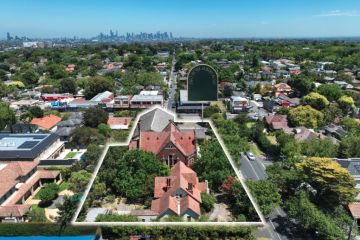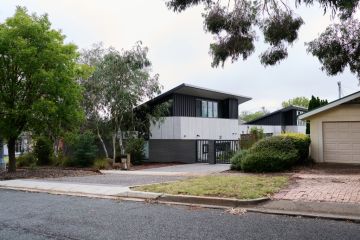Buying a home: what the experts look for

Exploring your home loan options and doing your sums are important first steps in buying a home. Once you know what you can comfortably afford to buy, you’re ready to start looking for a house. Any seasoned home buyer will tell you that having your finances in order is only the beginning. The house you choose can make the difference between success and failure.
Do your homework
Expert home buyers have their finger on the pulse of the market. As a first-time home buyer, you will need to do your homework to catch up with their knowledge. Before you start actively looking for a home, make sure you do the following.
- Visit suburbs you might want to buy in. Are schools, hospitals and amenities within easy reach? Are there signs of growth in the suburb?
- Find out what houses have been selling for. The asking price will be misleading.
- Go to some auctions. Even if you choose not to buy at auction, attending a few will help you get a feel for the market.
Make a list of areas you would like to explore in order of preference. Then start looking at houses. You will probably find one or two you’re interested in very quickly, but don’t stop there. Expert buyers leave no stone unturned. Neither should you.
Use reason, not emotion
Experts say the biggest mistake first-time buyers make is letting their emotions get the best of them. Buying a house should be a business decision first. Compare asking prices with:
- the suburb
- the condition of the house
- the size of the block.
You want to choose a suburb you will feel comfortable living in, but the condition of the house you buy may not be as important as the size of the block on which it sits. Many professionals buy older homes and renovate them for profit. A smaller or older house on a large block may be better value than a newer or bigger house on a small block that leaves no room for a home extension.
Get expert advice
Many experts get the inside real estate knowledge they need from property reports for investors. These can be the least expensive way to get expert advice, but if you don’t have time to do your own homework and study the reports, consider hiring an independent buyer agent.
Finally, before settling on a property, get a pre-purchase inspection report. It can be a valuable negotiating tool when buying an older property and, if the inspector uncovers a major problem, might save you from making a disastrous mistake.
Do your homework, treat home-buying as a business decision and get expert advice. If you don’t leave any of these three things out of the equation, you will be a home-buying expert on your first try.
We recommend
We thought you might like
States
Capital Cities
Capital Cities - Rentals
Popular Areas
Allhomes
More







